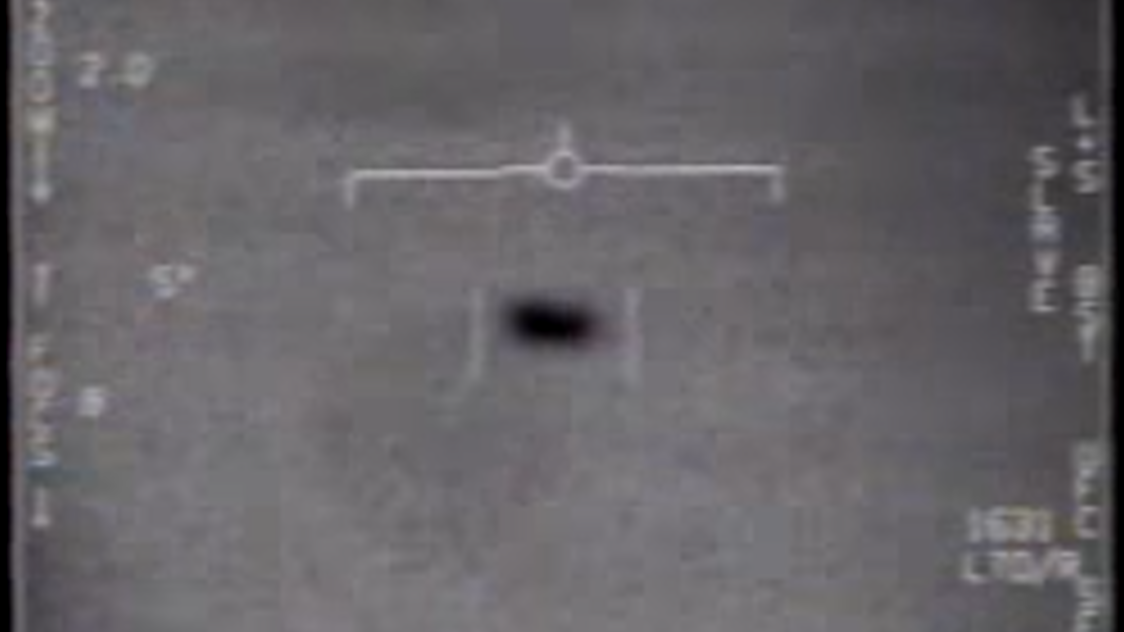Researchers suggest this is the first evidence of an animal whose memory of specific events does not deteriorate with age.
Researchers from the University of Cambridge, the Marine Biological Laboratory in Woods Hole, Massachusetts, and the University of Caen, France, conducted memory tests on 24 common cuttlefish, Sepia officinalis.
Half of these were 10-12 months old – not quite adult – and the other half were in old age at 22-24 months, equivalent to humans in their 90s.
Dr Alexandra Schnell, of the University of Cambridge’s department of psychology, first author of the paper, said: “Cuttlefish can remember what they ate, where and when, and use this to guide their feeding decisions in the future.
“What’s surprising is that they don’t lose this ability with age, despite showing other signs of ageing like loss of muscle function and appetite.”
Humans gradually lose the ability to remember experiences that happened at particular times and places, like what they had for dinner last Tuesday, as they age.
This is called episodic memory, and its decline is thought to be due to deterioration of a part of the brain called the hippocampus.
However, the brain structure of a cuttlefish is dramatically different to a human’s and they do not have a hippocampus.
The vertical lobe of the cuttlefish brain is associated with learning and memory.
This does not deteriorate until the last two to three days of the animal’s life, which the researchers say could explain why episodic-like memory is not affected by age in cuttlefish.
In the study, cuttlefish were first trained to approach a specific location in their tank marked with a black and white flag.
They were then trained to learn that two foods they commonly eat were available at specific flag-marked locations and after specific delays.
At one spot, the flag was waved and a piece of king prawn, their less preferred food, was provided.
Live grass shrimp, which they like more, was provided at a different spot where another flag was also waved – but only every three hours. This was repeated for four weeks.
Researchers then tested the cuttlefishes’ recall of which food would be available, where and when.
To make sure they had not just learned a pattern, the two feeding locations were unique each day.
All the cuttlefish watched what food first appeared at each flag and used that to work out which feeding spot was best at each subsequent flag-waving.
This indicates that episodic-like memory does not decline with age in cuttlefish, unlike in humans.
Dr Schnell said: “The old cuttlefish were just as good as the younger ones in the memory task – in fact, many of the older ones did better in the test phase.
“We think this ability might help cuttlefish in the wild to remember who they mated with, so they don’t go back to the same partner.”
Cuttlefish only breed at the end of their lives, and researchers think that remembering who they mated with, where and how long ago, helps them to spread their genes widely by mating with as many partners as possible.
The study is published in Proceedings Of The Royal Society B Biological Sciences.














